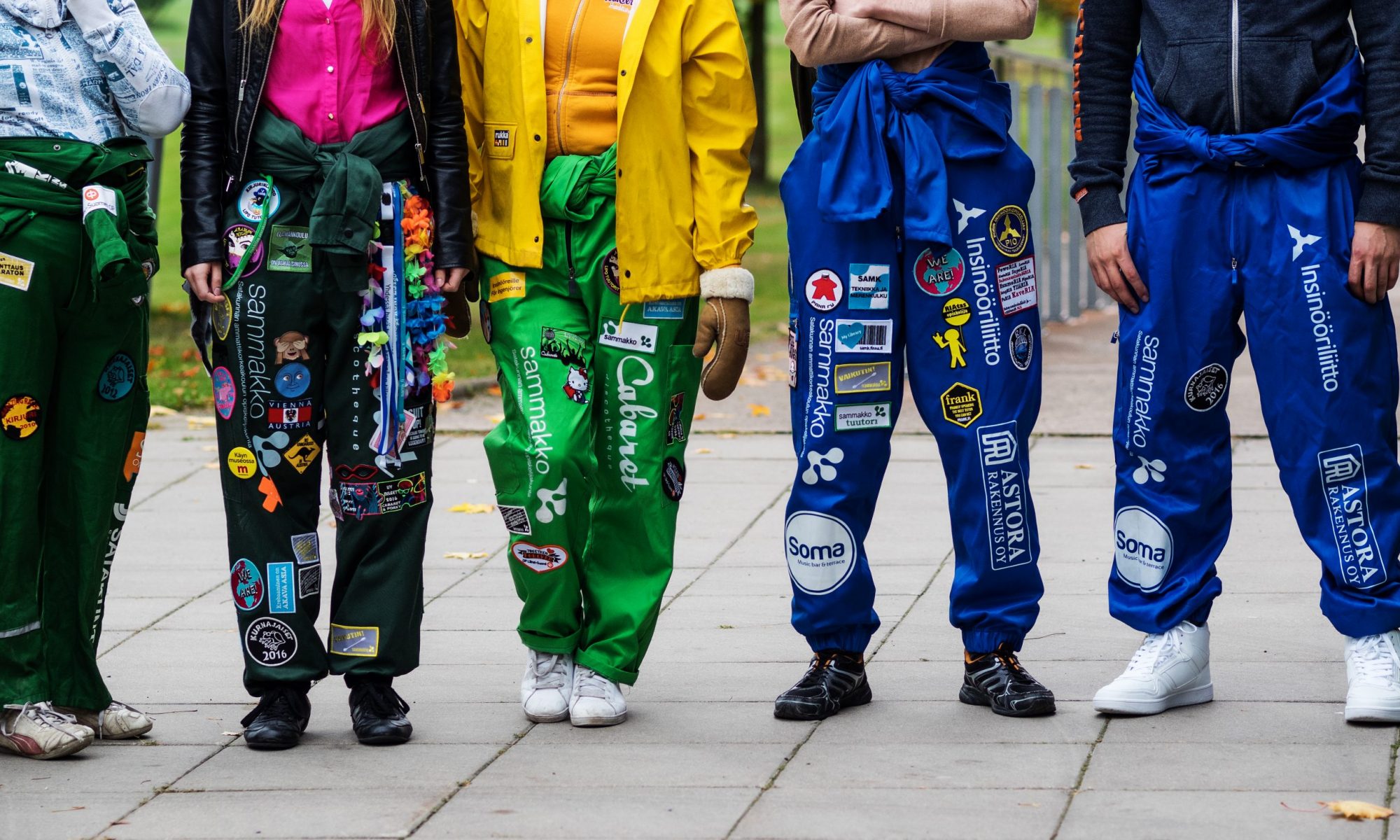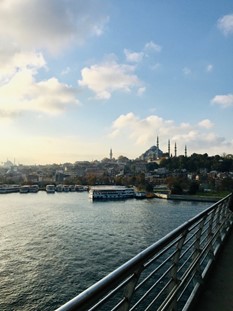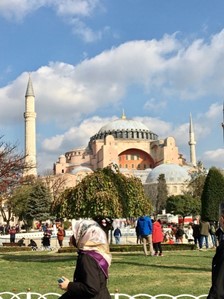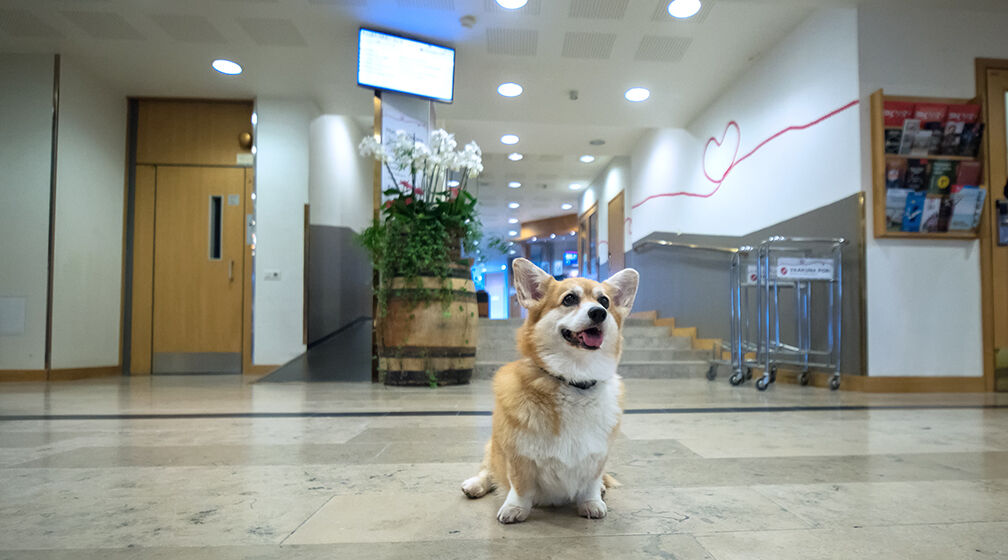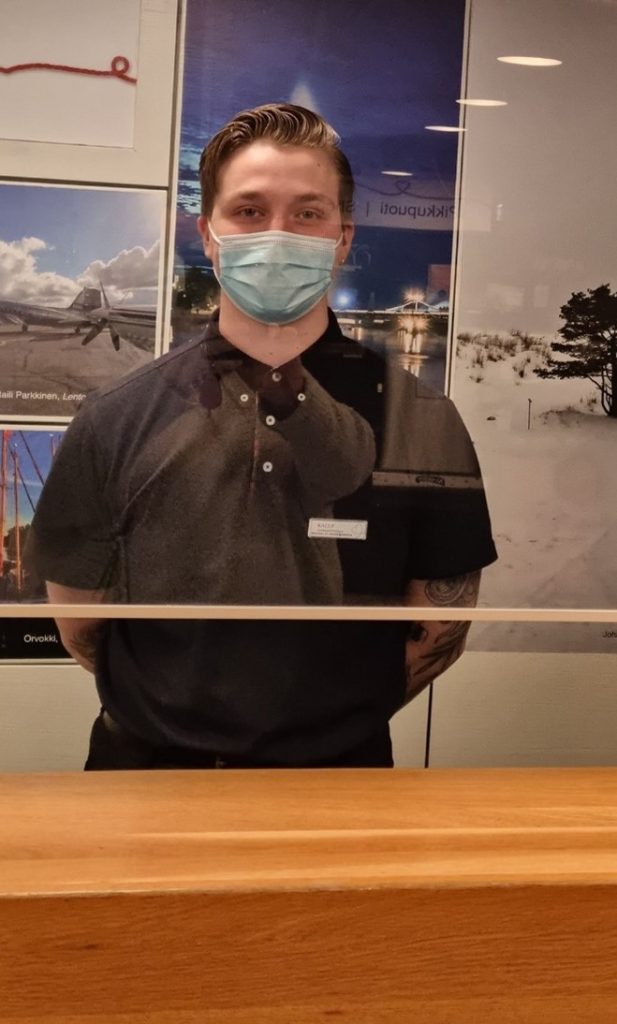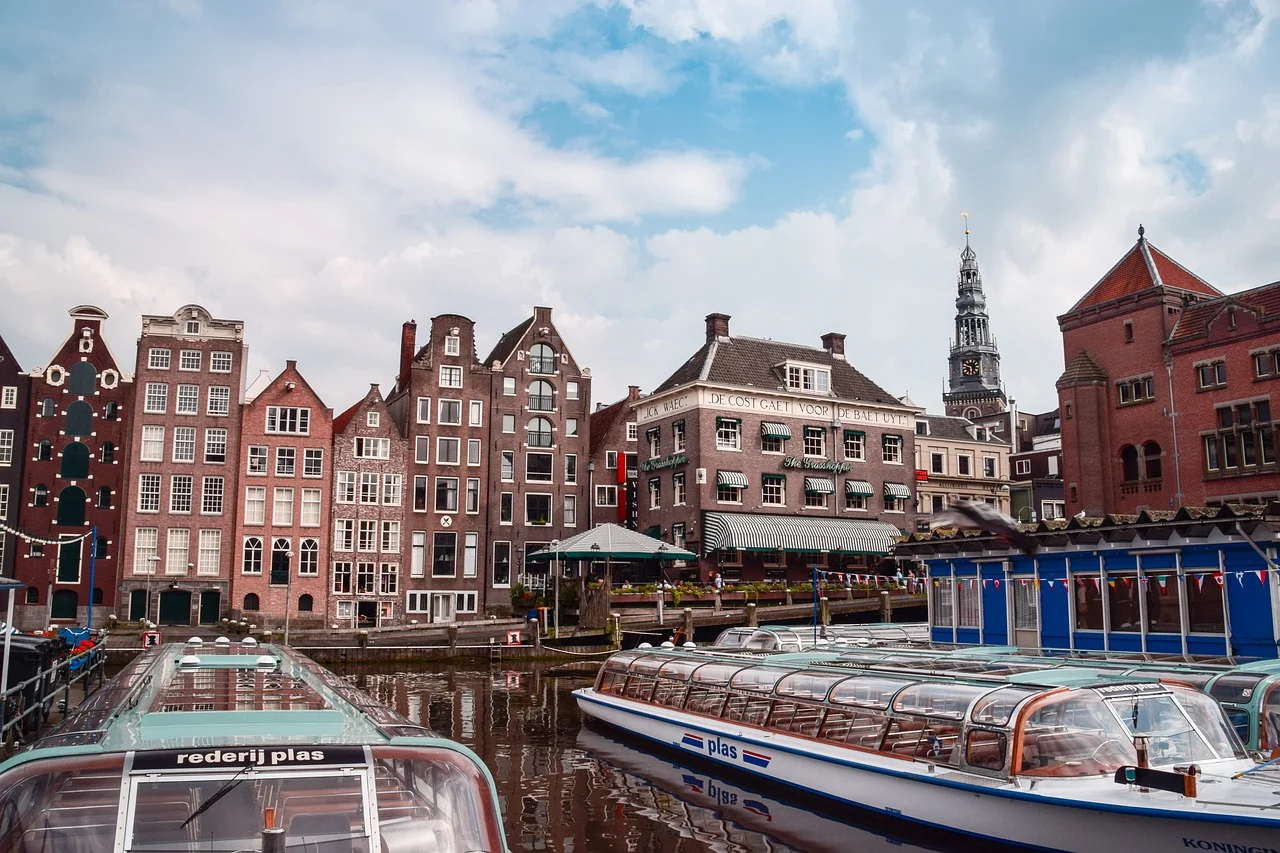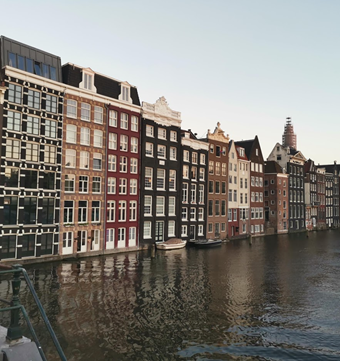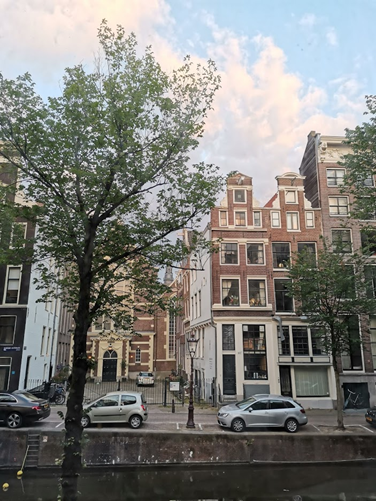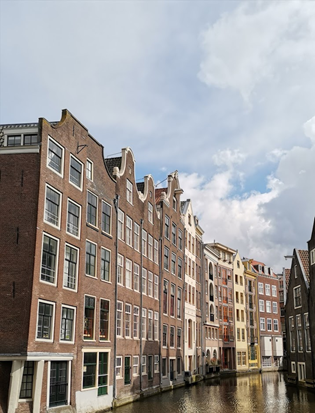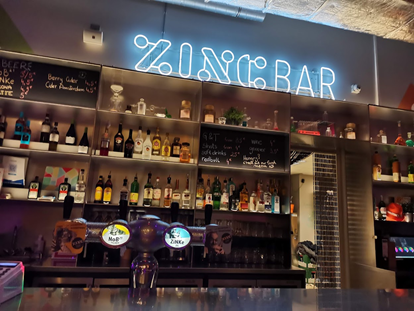Embarking on my second Bachelor’s degree in International Tourism at SAMK University of Applied Sciences has been an incredible journey, blending new academic challenges with exciting practical experiences. Having already completed a Bachelor’s degree in Arts from a Sri Lankan university, I felt prepared yet curious about diving into a completely different field. Little did I know, my first year at SAMK would bring an unexpected opportunity that would shape my understanding and passion for sustainable tourism.
During my first year, I was fortunate to secure a traineeship at the Center for Tourism Business Development at SAMK. This opportunity has been nothing short of transformative. I have delved deep into the core principles of sustainable tourism and learned how to steer a region like Satakunta towards sustainability. From project creation to implementation, my hands-on experience has equipped me with the tools and knowledge necessary to make a tangible impact in the field.
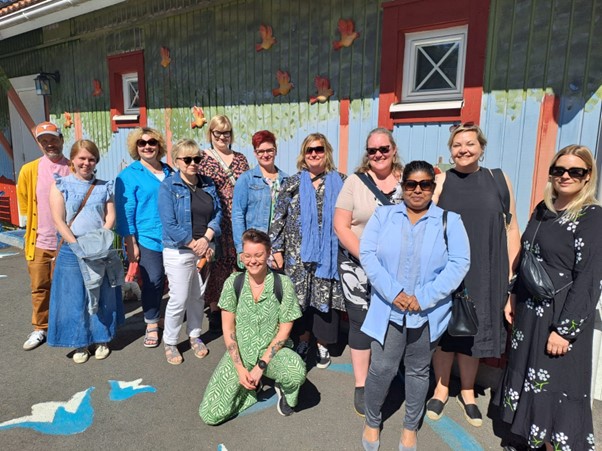
One of the most significant lessons I’ve learned is the true meaning of sustainable tourism. It’s not just a buzzword; it’s a comprehensive approach to tourism that prioritizes environmental conservation, respects local cultures, and ensures economic benefits for local communities. I’ve seen firsthand how projects are developed to promote sustainability from reducing carbon footprints to enhancing cultural heritage sites.
Working closely with tourism companies, I’ve gained insights into what they expect from students and how we can contribute to sustainable tourism. This traineeship has shown me the importance of aligning academic knowledge with industry needs. By understanding these expectations, I feel more prepared to step into the professional world and make meaningful contributions.
The experience has also enriched my understanding of Finnish culture and business etiquette. Punctuality, honesty, and direct communication are just a few of the values that I’ve come to appreciate and adopt. Moreover, working with an international crowd has honed my intercultural communication skills, preparing me for a global career in tourism.
Through this traineeship, I’ve significantly improved my computer skills, particularly in creating impactful presentations that highlight the historical and cultural significance of the Satakunta region. Gathering and presenting facts and figures has become a second nature, and I’ve enjoyed making these aspects of the region come alive for diverse audiences.
My traineeship at SAMK’s Center for Tourism Business Development has been an incredibly rewarding experience. It has not only broadened my understanding of sustainable tourism but also enhanced my professional and personal skills. As I continue my studies, I am excited to apply what I’ve learned and contribute to the development of sustainable tourism practices in the Satakunta region and beyond.
I look forward to sharing more about my journey and the projects I undertake. Stay tuned for more insights and stories from my exciting adventure in sustainable tourism!
Text and picture: Nayani Wasana Kalubowilage, second year International Tourism Management student
